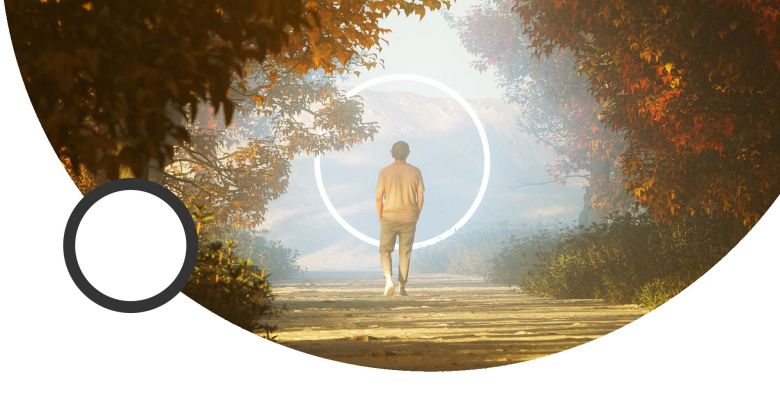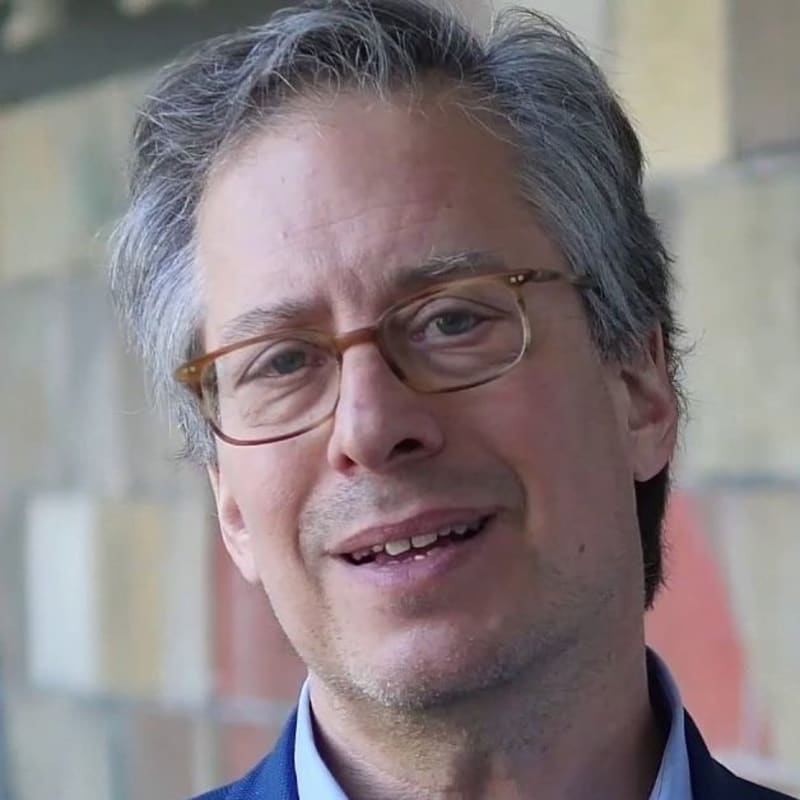Humans possess a wide range of such different capabilities, ranging from the non-conscious immune system that mobilises in response to various provocations that might threaten the body, to our ability to imagine futures, our primary form of conscious anticipation. Conscious and semi-conscious anticipation also takes many diverse forms, including the learned response of a child that cries to be fed or absorbs the lesson that it is a matter of survival to look both ways before crossing the street. What is perhaps most striking is that there has been relatively little direct scientific inquiry into these many anticipatory systems and processes, in particular the performative attributes of conscious imagining that constitute the dominant form of the expression of the “future” in the present.
Advancing the exploration of the diversity of reasons and methods humans use to imagine the future has been the driving force behind a decade-long action-research/action-learning initiative that UNESCO has conducted in its role as a global laboratory of ideas. In collaboration with people around the world, we have been running specially designed experiments that we call Futures Literacy Laboratories.
These Labs are designed to probe the processes and assumptions at play when humans make use of the future. They are designed on the basis of two theoretical frameworks — one that proposes principles for the generation of knowledge through collective intelligence, and the other anchored in a framework for categorising anticipatory systems and processes. Working with participants from all walks of life and corners of the planet we have been able to co-design Labs that reveal the diversity of conscious human anticipatory systems and processes.
Peeling away the layers and taken-for-granted attributes of why and how people actually use the future constitutes an action-learning process that not only tests the hypothesis of anticipatory diversity but also initiates learning voyages that provide participants with a better understanding of nature and role of the future in what they perceive and do. We call this latter fruit of the action-learning aspects of Labs “Futures Literacy”. This capability is accessible to all people in as much as all people are constantly using the future and are therefore able to recognise and refine their use of different anticipatory systems and processes.
Since 2012 we have co-created over 100 such Labs. We have been able to show that, despite the fact that initially most people are unaware of the richness of human anticipatory systems and processes, they rapidly leverage the power of the future as a constant presence in their lives, shaping their hopes and fears, perceptions and choices, in order to begin to distinguish different kinds of future.
From this perspective Futures Literacy is similar to the more familiar “reading and writing” literacy: it is a capability that can be learned by simply beginning with what people are familiar with in their everyday lives. Reading augments our capacity to speak. Futures Literacy augments our capacity to imagine the future. What is crucial to realise is that, like reading and writing, there is no way to know what people will do with the enhanced capacity to understand why and how they imagine the future. Capabilities are open, without any particular necessity or causal relationship to an outcome. That said, humans are accustomed to using the future in specific ways. The most dominant reason for imagining the future is to predict what will happen. From oracles to prophets to visionary leaders, humans have long relied on probable or desired images of the future to guide their decisions. Today is no different, as attested to by the horde of forecasters, pundits and planners who make their living by trying to predict what will happen in business, the economy and politics.
While it may be true that today’s fortune tellers are more systematic and analytical than their predecessors, they still cater to only one way of using the future. They are just responding to our demand for prediction, a desire for certainty and a massive bias towards using the past to imagine the future. At first blush it might seem that the problem is the lack of transparency regarding the underlying assumptions or the excessive faith put in the prognostications of a person or a group. Of course, a good dose of scepticism and an eye for rigour is important when assessing probabilistic projections of what might happen. But this is not the main problem. The fundamental flaw in relying exclusively on the all too familiar anticipatory systems and processes of prediction is that it confines our imagination to a narrow purpose and reinforces a dangerous bias towards the pursuit of an illusory certainty.
Everyone knows that the future cannot be observed. Thus, it cannot be studied or assessed. Most people also know — at least intuitively, on the basis of their own life, which unfolded in ways that were unimaginable in advance — that complexity as the creative nature of our universe is unavoidable. Uncertainty or change is the only certainty. Yet we are addicted, particularly at the level of the stories we tell ourselves about security and the role we expect humans to play in the world, to controlling tomorrow. By confining our imagined futures to the realisation of what might be characterised as a ‘god-like’ role we under-utilise the power of our imagination to go beyond the pursuit of certainty with its obligation to describe the future on the basis of what we already know — that is the past. We can use the future for emergence or to liberate our perception of the present from the blinkers of futures-imagined in order to colonise tomorrow. Futures Literacy Labs offer evidence that everyone is capable of engaging their imagination in an effort to describe images that are not framed by what we know from yesterday and today. Images that are inspired by another purpose, to discover the differences that emerge all around us all the time.
Letting go of the imperative to colonise the future also opens the door to diversifying how we imagine the future. Once you expand the reasons for imagining the future it also becomes evident that we need to expand the ways in which to do so. Planning the future, efforts to control and dominate tomorrow, bring a strong bias towards imagining the future on the basis of probability — the past extrapolated into the future — and the projection of current preferences so you can plan a better or desired future.
Anticipation for emergence calls for another set of tools: ones that attempt to let go of the past, including the past desire to control the future. These are required in order to enhance our capacity to sense, make-sense and invent the novel phenomena all around us: aspects of the world that were unimaginable a moment before or do not yet have a name or even a story that can be told. This capacity to improvise is the opposite of planning. Anticipation for emergence welcomes uncertainty, changes that make the world different from moment to moment, because it is the music that inspires the dance of improvisation. This is agility beyond continuity, a way to embrace transitional changes, the ones that may, or may not lead to transformation — the previously unimaginable.
More prosaically, being futures literate helps us to be in the world differently. To value, as well as to put into practice, the maturity and wisdom that can only arise from learning through experience. If what we can perceive in the present is powerfully influenced by the futures we imagine then the key is to become better able to use the future to sense, and make sense of, the experiences we are having now: the novel emergent present that is not knowable in advance. If we are locked into the fear and arrogance that accompany our efforts to impose our will on tomorrow then we diminish our ability to appreciate the richness of a complex universe characterised by constant creativity, the well-spring of difference. This matters a great deal for many of the most pressing issues facing humanity today. Blinded by our sense of superiority and the arrogant belief that we can and must, for glory and power, control the future, we wreak havoc on the universe around us and become apologists for the proposition that the ends justify the means. Failing to use the future fully we alienate ourselves from the entangled and mortal nature of this universe, contributing to conditions that make existing systems fragile and make resilience, as a process of transformation, not stasis or continuity, less practical.
Climate extinction and pandemic fragility are unintended consequences of human activity, but not just because of overt acts of consuming carbon or ignoring the world around us. There is an underlying source of our incompatibility with complexity, a failure to use our imaginations to live with an awareness and appreciation of our universe. The industrial societies facilitated by the advent of universal reading and writing offered plenty of signs of toxicity — from genocides to the vacuity of mass consumer culture — but that was not enough. Now the planet and viruses are offering us an opportunity to get the message. Anticipatory systems and processes are fundamental to all forms of life, and are part of the evolutionary condition. Our imagination plays a huge role in fostering our consciousness, shaping our fears and hopes, motives and reactions. Up until now we may have not been mature enough to realise the importance of understanding these anticipatory systems and processes. Maybe we didn’t have the means, the necessary scientific knowledge and historical experience. So conditions have changed and perhaps we can surprise ourselves, improvise outside the plans, dance with complexity.




